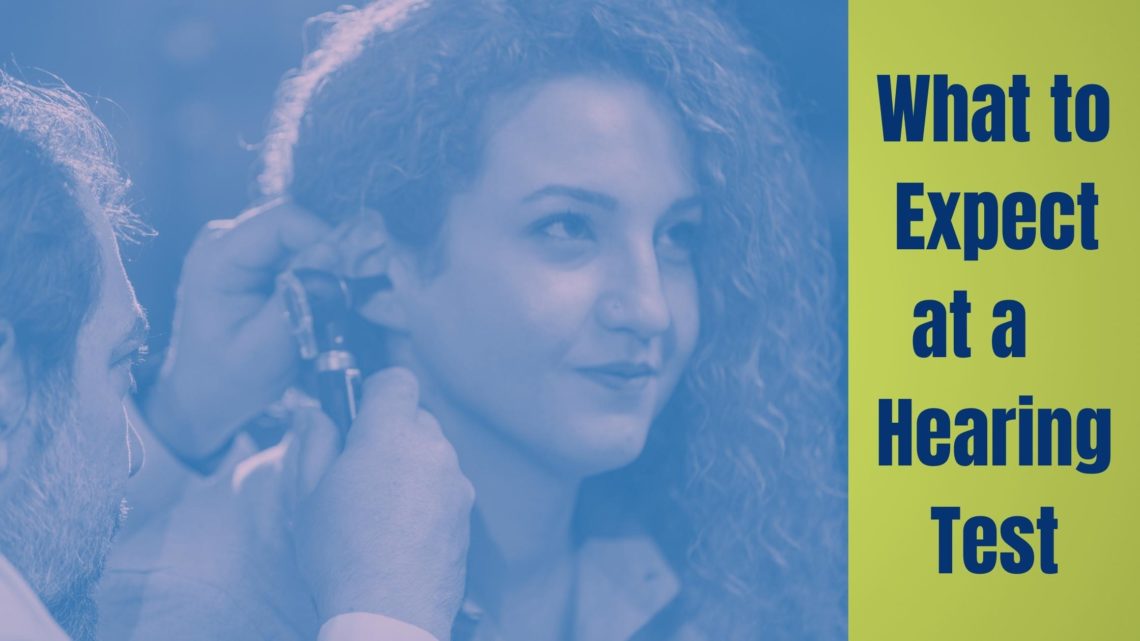Taking the step to prioritize your hearing health by taking a hearing test is a great way to invest in your health and wellness! You may be feeling a little anxious but hearing tests are a noninvasive and painless process. Assessing and establishing your hearing needs is such a critical part of improving your hearing and communication. To feel more comfortable and maximize your appointment, it is helpful to know what you can expect and best ways to prepare.
Hearing Test Process
Hearing tests are conducted by hearing healthcare professionals like audiologists. Tests measure hearing capacity in both ears which identifies any impairment and the degree. This information informs the most effective treatment option to meet your needs. Here is what you can expect from the hearing test process:
- Intake: like most medical appointments, hearing tests start by collecting general intake information on your health history. This includes your medical history, lifestyle factors (job, hobbies, activities etc.), description of any specific symptoms you have been experiencing, what your hearing health concerns are etc.
- Ear Inspection: the audiologist will then closely inspect your outer ear and ear canal with an otoscope, a small instrument inserted into the ear. The audiologist will be looking for anything that can possibly obstruct hearing including injuries, growths, earwax (which will be removed if necessary) etc.
- Hearing Test: after the physical inspection of your ears, you will move into the actual hearing test portion of the appointment. This generally involves wearing headphones in a quiet room (maybe a booth) which is connected to an audiometer, a machine that will play sounds at different volumes and frequencies. The audiologist will guide you through these sounds and you will indicate what you hear. This information is tracked on a chart (an audiogram) that is presented to you after the test.
The audiologist will thoroughly review your results and discuss your hearing needs in detail. They will also recommend treatment options that can best address your hearing needs. Hearing aids are the most common treatment for hearing loss. These electronic devices are designed to absorb, amplify, and process sound which provides significant support; enhancing hearing ability. Audiologists have the training and expertise to provide you with ample information so it is important to maximize this time to ask all of the questions you have regarding hearing health and your specific hearing loss.
Preparing Questions
In trying to prepare for your appointment, it could be useful to think about the questions you have and write them down. A few helpful questions include:
1. What type of hearing loss do I have?
There are actually different types of hearing loss and the type of hearing loss you have will inform the treatment that will be the most effective. The main types of hearing loss are:
- sensorineural: this is the most common type of hearing loss which occurs when the hair cells in the inner ear are damaged. This restricts their capacity to translate soundwaves into electrical signals that are then sent to the brain for more processing. Sensorineural hearing loss can be caused by existing medical conditions, aging, environmental exposure to loud noise, and genetic history.
- conductive: far less common and often temporary, conductive hearing loss is caused by injury or obstruction in the outer or middle ear. This can be caused by earwax accumulation in the ear canal, ear infections, fluid, injury caused by foreign objects etc. This type of hearing loss can often be cured through surgery or other medical treatments.
Sensorineural hearing loss impacts people differently so it is important to understand your specific hearing loss. Follow-up questions you can ask include: is the impairment the same in both ears, what are the specific types of sounds that are more difficult to hear and process?
2. What can I expect from hearing aids?
There is a wide range of hearing aid types, styles, and features that are available. And like any electronic devices today, hearing aids have experienced significant innovation. Asking about what you can expect, what the different features are, how to best maintain your device, pros and cons etc. can best help you transition into wearing hearing aids daily.

